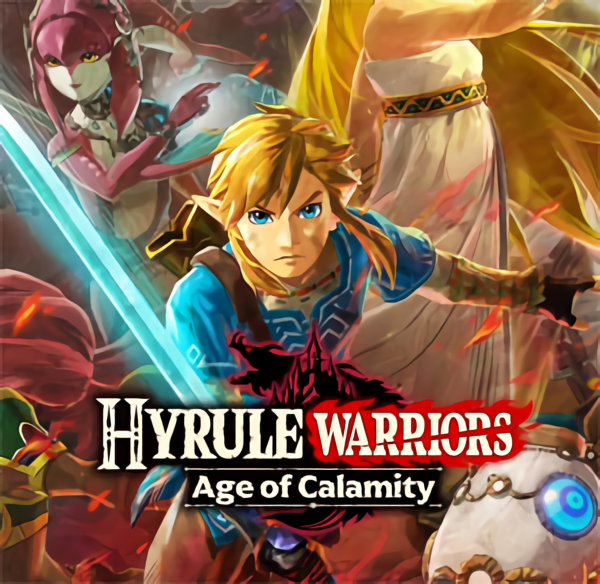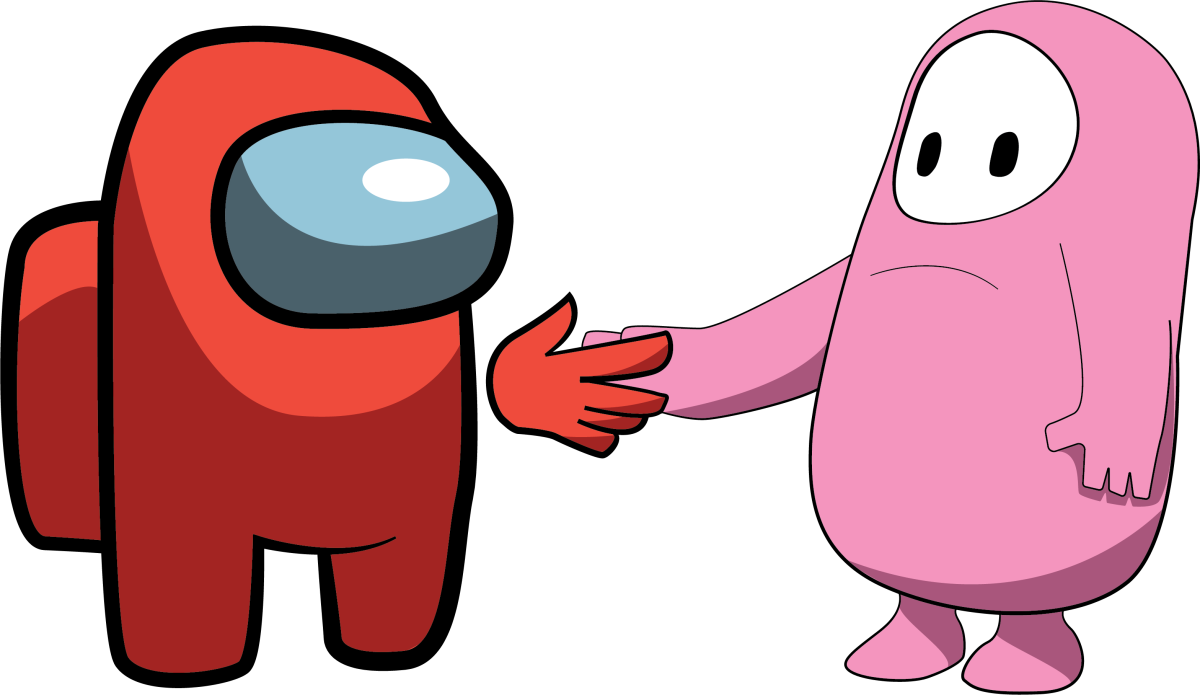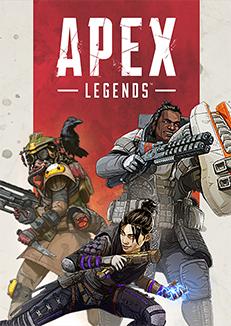Last week, it was announced from Phil Spencer, head of Microsoft’s Xbox Division, that Microsoft has purchased Minecraft studio, Mojang. Mojang has confirmed this news on their website while adding that they were bought for $2.5 Billion. Alongside all of this news, three of Mojang’s founders, Markus “Notch” Persson, Carl Manneh, and Jakob Porser, have left Mojang. It has been proven that Notch has sold the company to the awesome tune of $2.5 Billion.
What was his reason? He sold Mojang “for his sanity”.
Now, that’s an important detail, “for his sanity”. Notch is definitely a humble man, he’s donated thousands upon thousands of his money to numerous charities, gave money to his family, and didn’t flaunt that wealth in front of others (unless donating lots and lots of money to charity equals flaunting your wealth). Hate the man or not, he has done his fair share of philanthropy, even if sometimes he did so trying to save face for a few outbursts on twitter. Reading his open letter on his blog, notch.net, he notes that he doesn’t want to be a symbol. He didn’t intend to be big yet he became an image.
Fame has its ups and downs, twists and turns, its friends and enemies, but all the time, fame brings unwanted attention. Fame leads people to watch you, admire you, and envy you. I remember reading “Richard Cory” two years ago in HUM 102. The poem was about a rich and wealthy man, Richard Cory, who was unhappy. He was unhappy because despite the fact that he could buy anything that he wanted, he was alone. Everyone who wasn’t as rich or wealthy as him, which was a lot of people, had a connection. Richard Cory had none.
The bigger an image you become, the bigger the gap between you and the rest of the world. The circle of connections you can have becomes smaller the higher you are on a pedestal. More so, think about fame on a video game level. The youtube video, “This Is Phil Fish” highlights this point tremendously. I even said this, last week. A good number of people in this industry, except the esports players, don’t want to be in that limelight. Especially in the games industry, that limelight can be dangerous. The limelight means you are a subject for attention, subject for scrutiny just as much as praise. That email describing how much of a failure you are is just as prevalent as any fan mail saying how what you’ve done has changed someone’s life for the better.
Like what happened with Phil Fish, a developer whose off-the-walls attitude made him a story for the games media, or what’s already happening to Notch, whose crazy success for Minecraft brought millions of gamers one of the most beloved games ever, not everyone’s going to appreciate what everyone’s doing on the internet. Jimquisition’s video, “GO FISH”, speaks of a thick skin. This “thick skin,” thick as it may be, is still some sort of a skin, skin that can break.
This buyout of Mojang isn’t because of a man’s hope to get lots and lots of money, nor is it about people being selfish. It’s about people who never wanted to be in that limelight trying to leave the limelight. Basically, Richard Corys trying to go back to admiring Richard Corys. Notch leaving Mojang should serve as a reminder of how hard it is to be in the game industry, and that you have to want it. For people already out there on the internet, continue doing what you do, because you aren’t alone.
Matthew Maravilla






























